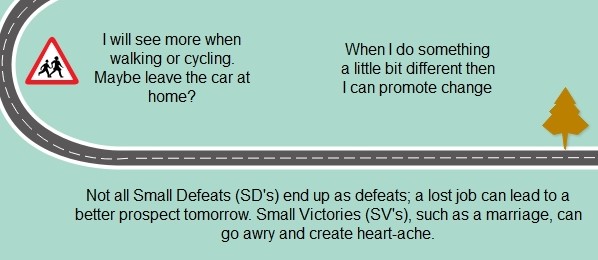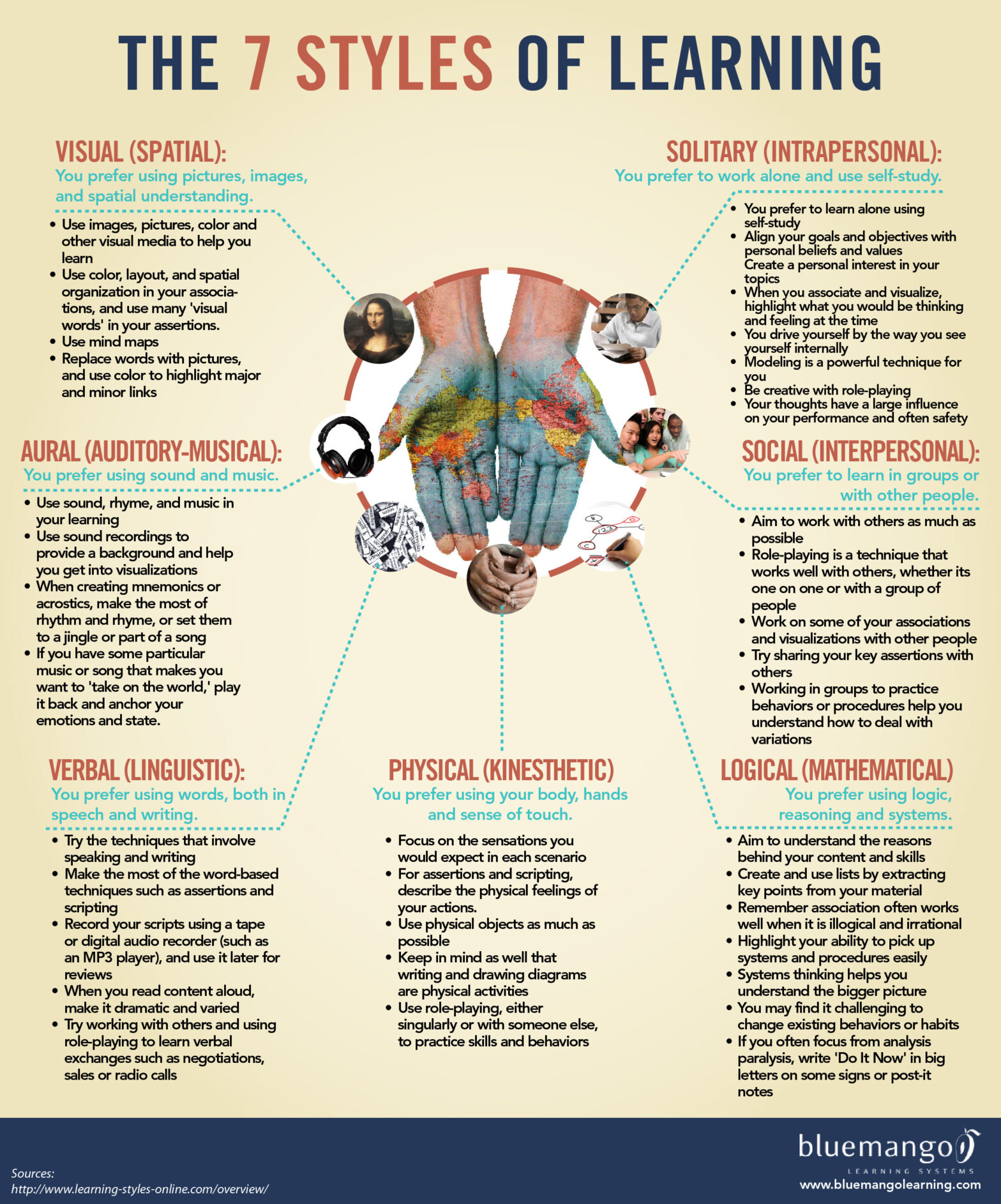I hear and I forget
I see and I remember
I do and I understand
I reflect and I learn
Those who know my background will be aware of my time in adult education, as well as my time working as a counsellor and psychologist.
My approach reflected in this website is heavily influenced by my work in adult education as well as in therapy.
That background helps me when I complete any work I do. I can take time to consider what I have learned from being with another person for a while. That’s why some folk end up with an email from me commenting on the results I’ve noticed.
Writing up this website over a number of years has been part of my line four in the revision to a Chinese Proverb I have included, in bold, above.
A proverb in action
What are the implications of this proverb?
I believe it can be helpful when some-one completes therapy and is planning what to do next. It may move you into a different way of implementing small, safe experiments. Consider how the proverb impacts on the practical work you do.
1. You may have read what I have to say. Even if it sounded good, it might still have passed in one ear and out the other.
2. If we see one another, and notice the impact of a small gesture, or just a few words that are spoken, we can be puzzled – within ourselves – and wonder what that was all about. It sticks, at least for a time, and our curiosity may well have been the glue.
3. When we did something – such as work on the design and implementation of a small, safe experiment, – was there some understanding of “how might I change, bit-by-bit“. What were the first and second steps you might take on the long and winding road? What are the steps still to be taken?
4. When we examine (or reflect on) the results of a small, safe experiment – and remain curious about the different results – it is possible to go on learning. This usually involves judging some results ‘right’ or ‘wrong’/ ‘good’ or ‘bad’ – through the experience of small victories and a small defeats. The difficult bit is knowing the difference between the two.
What feels wrong at one time may feel less so in the future
What feels ‘wrong’, now, may prove ‘right’ in time to come – and the other way about. I demonstrate this in this detail taken from the scenic route:

Using the proverb in designing a safe experiment
1. Select some prior victories and defeats you experienced in education and training. Where do they fit as your walked along a scenic route to change; along a route of your own choosing.
2. Walking thoughtfully, reflecting on things, and do it slowly. The scenic route may be best seen on foot, not on a motor cycle. Walking may help absorb what we need to know. By practising the ability to slow down, I can make important decisions about what I might do differently, without being tempted to act hastily.
3. Can you take in both the complexity and the simplicity of the choices appearing on the road just ahead of you?
4. The task continues long after any therapy has been completed.
5. Education can include explicit ‘teaching’ as well as implicit learning. This is important as we can ‘learn’ without knowing we’ve learned. Consider this quotation:
The greatest thing then, in all education, is to make our nervous system our ally as opposed to our enemy.
William James
A more academic understanding of the process
Journal of Career Development, Vol. 30, No. 1, Fall 2003 where you will find ….
The Journey of the Counselor and Therapist: Research Findings and Perspectives on Professional Development
by Michael H. Rønnestad of the University of Oslo and Thomas M. Skovholt of the University of Minnesota
They conclude “that continuous reflections are a prerequisite for optimal learning and professional development at all levels of experience“. It is their understanding that the ability and willingness to continually reflect upon professional experiences in general, and difficulties and challenges in particular, are prerequisites for the optimal professional performance of the professional.
They encourage the attitude of openness to new learning, and to the quality of curiosity, as central elements in the functioning of effective therapists. I argue that you can use that curiousity to sustain your own personal development long after any formal therapy has ended.
This can enhance the Ripple Effect.
More revealingly, they caution against: “simplistic and reductionistic conceptions of the human condition in general” and they promote a therapeutic endeavour that values uncertainty, indeterminacy and unpredictability as key drivers in sustaining effective change.
Further lines of enquiry
How to design a safe experiment
